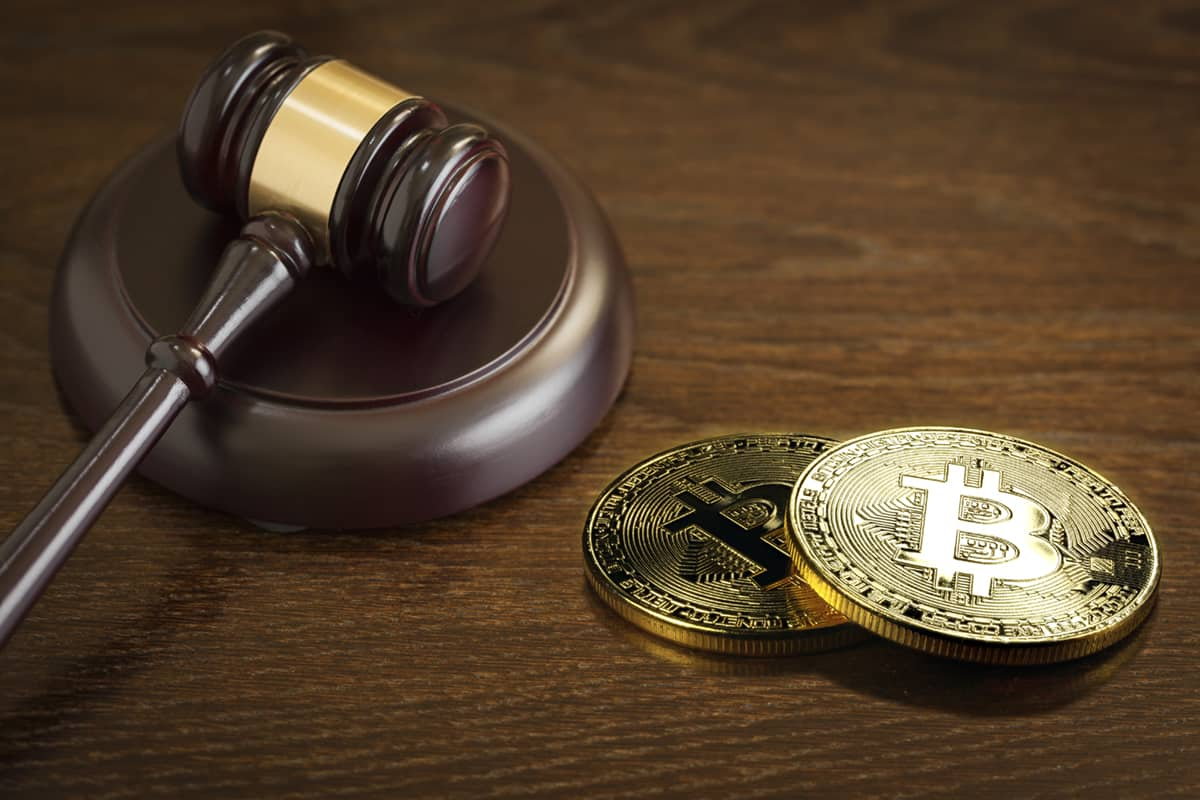There are many bills on cryptocurrencies. However, we see that the issue is not clear yet. Since 2022, at least 50 digital asset laws have reportedly been submitted to Congress, aimed at governing everything from stablecoins to the jurisdictions of United States regulators. But at least four of them stand out. Let’s look at the details.
For cryptocurrencies: financial innovation and technology law for the 21st century
This bill was submitted on 20 July. It tries to determine whether a digital asset is a commodity or a security. It also aims to establish a robust process for this. On the other hand, it aims to clarify the jurisdictions of regulators. Republican members of the United States House’s Agriculture and Financial Services Committees introduced the bill. Accordingly, it will authorize the Commodity Futures Trading Commission (CFTC) over digital commodities. It will also clarify the jurisdiction of the Securities and Exchange Commission (SEC).

There will also be a way for cryptos labeled as securities to be relabeled as commodities. Accordingly, it will bring up some projects that were effectively closed due to past legal decisions. So these projects will become active.
Responsible financial innovation act (RFIA)
It’s a bill with similar goals, known as the Lummis-Gillibrand bill or the RFIA. It aims to clarify the roles of the SEC and CFTC in crypto regulation. According to the law fact sheet, laws are important “to prevent another FTX-style event from occurring.” Accordingly, the protection of more consumers is within the scope of the objectives. On the other hand, there is also clarity on the digital asset tax treatment. Accordingly, the Federal Reserve will be ordered to process bank applications for main accounts from crypto firms on a “fair basis”.

It will also find that the only institutions allowed to issue stablecoins are depository institutions. On the other hand, it will make room for decentralized autonomous entities (DAOs) in the tax code. Accordingly, it will appoint an advisory committee as well as a series of regular reports on the sector.
Digital asset market structure bill (DAMS)
Introduced on June 1, DAMS aims to define the crypto-related roles of the SEC and CFTC. On the other hand cryptocoin.comIt also aims to set a framework for regulators to decide whether certain cryptocurrencies are securities or commodities.

Representative Maxine Waters sent a letter to Treasury Secretary Janet Yellen and SEC Chair Gary Gensler on June 26, asking them to weigh in on the bill. According to the proposed bill, before a particular crypto token can be granted commodity status, it will need to pass certification with the SEC to prove it is not sufficiently decentralized. Crypto exchanges will register with the SEC as an alternative trading system (ATS). In addition, the regulator will not be able to refuse registration because of a platform that trades digital assets.

Crypto firm Prometheum is an ATS registered with the SEC. Accordingly, it is currently unclear what assets the SEC allows. But it is possible that it will take the step of determining the trade, exchange, settlement and custody of digital assets. DAMS will clarify ATS rules. It will also allow digital commodities and stablecoins to be traded on ATS platforms. The SEC, on the other hand, will need to allow broker-dealers to store cryptocurrencies if they meet the requirements.
For cryptocurrencies: Digital commodity exchange act (DCEA)
It was first brought up in September 2020. Then an updated version of DCEA was revived, lastly in April 2022. It also added that stablecoin providers can register as a “fixed-value digital commodity operator,” including registration and reporting requirements. The DCEA authorizes the CFTC to register and regulate spot exchanges brought under the same rules as other commodity exchanges.

Cryptocurrencies that are not considered securities are labeled as digital commodities under the jurisdiction of the CFTC. Accordingly, the SEC will oversee crypto securities offerings. Crypto project developers will voluntarily register with the CFTC to provide the disclosures needed to publicly trade and list their assets on an exchange.





